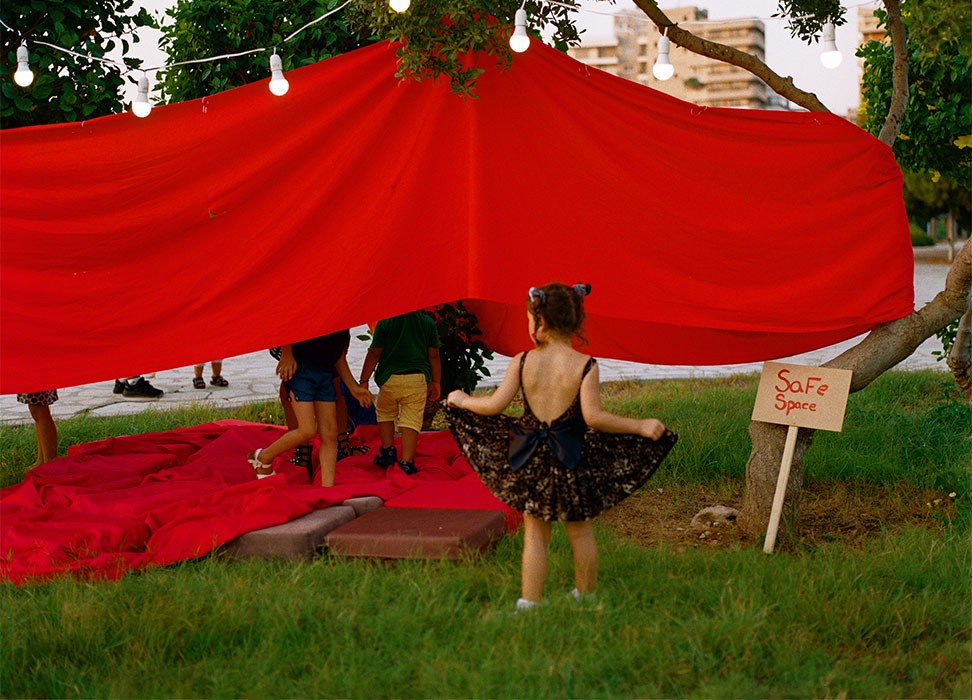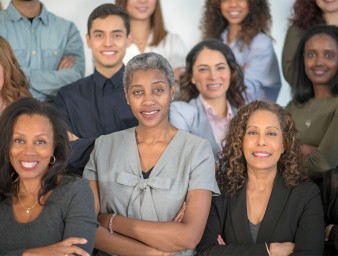Removing the shame and stigma from menstruation
08 July 2022

At this very moment, 500 million women and girls don’t have the things they need to manage their periods safely, hygienically, and free from embarrassment, according to WASH United, an NGO that focuses on menstrual hygiene and human rights.
“In every region of the world, young feminist activists have been leading grass-root campaigns and initiatives, including in social media, to challenge stigma, taboos, gender inequality and period poverty,” said Michelet Bachelet, UN High Commissioner for Human Rights.
Bachelet took part in a high-level panel on menstrual hygiene management, human rights, and gender equality at the Human Rights Council’s 50th Session in Geneva, Switzerland.
The panel was an opportunity for experts to highlight the challenges and best practices regarding periods and to raise the alarm on the need for a broader conversation of menstruation beyond menstrual hygiene management, grounded on human rights.
“Speaking their truth and making their voices heard, these activists are significantly contributing to making clear that menstrual experiences of women and girls are not homogenous but shaped by intersecting factors such as age, gender, race, disability, economic, social, migration and other status and contexts, be it in peace, conflict, disaster or within a health crisis,” she said.
Period poverty is a struggle for many women and girls
Having a period is both a blessing and a curse, said Vanessa Zammar, a young menstrual health activist and co-founder of Jeyetna, a feminist collective that provides menstrual education, products, and a safe space for women to share their experiences in Lebanon.
“A blessing because it cleanses your system, but it's a curse because we can't afford it,” she said about the high cost of period products.
According to Zammar, period poverty is defined as the lack of access to period products and the limited available options; access to a clean and private bathroom; access to a safe space and a person to confide in; and lack of education and gaps about menstruation due to the lack of funding allocated to research on menstrual health.
Zammar has met many women and young girls at Jeyetna events who are ashamed and afraid when they get their periods for the first time. For instance, she met a 12-year-old girl who was afraid to tell her parents that she got her period because in her community when a girl starts menstruating it means that she is ready to get married.
Thorsten Kiefer, co-founder and CEO of WASH United, said that when it comes down to ending period stigma, young girls need to be provided basic information.
“I will never forget the story of Khushi, a girl from Northern India,” he said. “Khushi was on her way to school when she noticed blood between her legs. She knew what this meant: she had cancer and she was dying, now… when she reached home, her mother told her that she wasn’t dying, but that she was a woman now.”
Thorsten said that due to the lack of education about menstruation and access to menstrual products, millions of girls around the world like Khushi have no idea what happens to them when they get their first period, and how to manage it in a safe and hygienic way.
“When it comes to ending period stigma, I also have a message for my fellow men,” he said. “Men have played a critical role in sustaining taboos and stigma over centuries. Men now have a responsibility to step up and help ending it. By speaking openly and respectfully about menstruation, by acting as allies and providing support to the women and girls around us.”
Menstruation is a human rights issue
While menstruation is a normal biological process that most of all women and girls experience, Dr. Natalia Kanem, UNFPA Executive Director, said it continues to be a target for discrimination and humiliation.
“Because of social taboo and gender stereotypes that stigmatize menstruation as dirty, many people experience menstruation with shame and without access to the resources needed to manage their menstrual health safely,” she said. “Menstruation is a human rights issue. It is also a public health and development issue.”
A young girl’s first period can set off several human rights violations, including child marriage, sexual violence, unintended teenage pregnancy, and the disruption or end of their education, Kanem said.
Melissa Upreti, Chair of the UN Working Group on discrimination against women and girls, said the working group is concerned about women and girls in crisis settings such as the millions of refugees, internally displaced and stateless women and girls who face challenges due to their menstrual health needs not being met and how period poverty impacts low-income populations worldwide.
As a way to achieve menstrual health and gender equality, Bachelet said that it is vital for policy makers and practitioners to create a comprehensive multi-sectoral approach to menstrual health that is grounded in human rights.
According to Bachelet, this approach will require States to implement a variety of international rights obligations including addressing the stigma, harmful stereotypes, and gender-based discriminatory social norms and practices impacting the menstrual experiences of women and girls. She also stressed the need for an enabling environment where women and girls can make informed choices about their lives and bodies, including their menstrual health, free of stigma, violence, and discrimination.
“
“
Michele Bachelet, UN High Commissioner for Human Rights
Zammar said that while the work currently on menstrual health is welcome, at the end of the day it is the responsibility of States to ensure that the rights to health and to sexual and reproductive health are fully realized.
“States and the Council should prioritize the voices, demands, priorities, needs and choices of women, girls and people who menstruate themselves, for they are the experts of their own contexts and experiences,” she said.
VIEW THIS PAGE IN:



